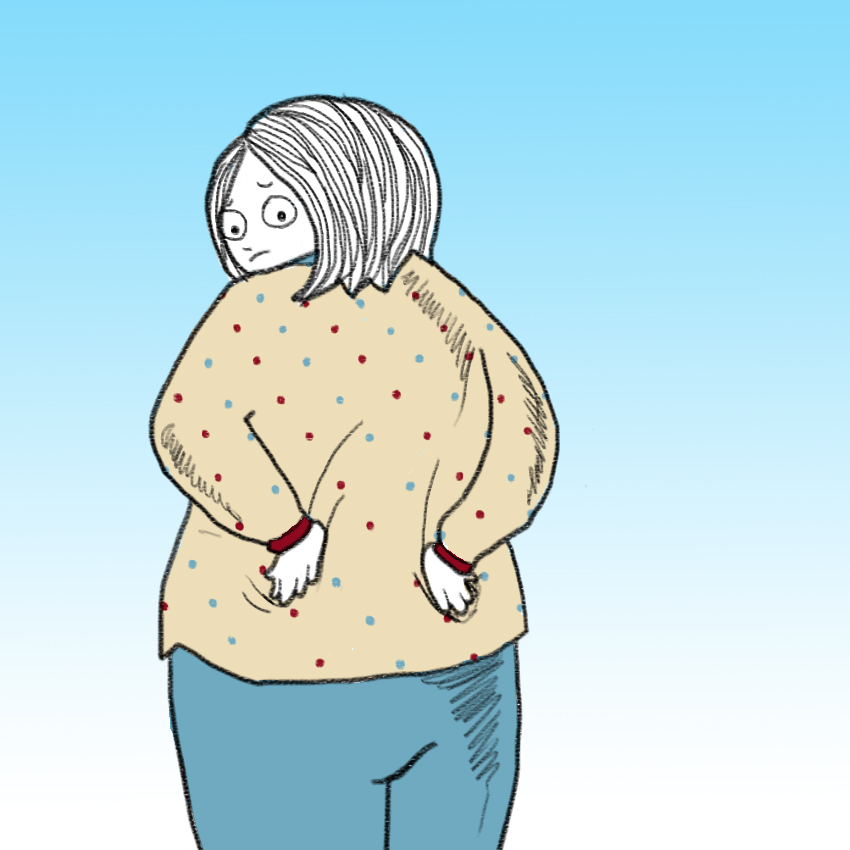All women are at risk of gynecologic cancers, and that risk only increases with age. This year, an estimated 91,730 new cases of gynecologic cancer will be diagnosed in the United States alone.
Because gynecologic cancers can have little or no symptoms, it is important to be in tune with your body.
In many instances, early detection depends on women recognizing changes which may indicate symptoms and making a doctor's appointment. As with most forms of cancers, the earlier gynecologic cancers are found and treated, the better.
There are five dominant types of cancer that affect a woman’s reproductive organs: cervical, ovarian, uterine, vaginal, and vulvar. As a group, they are referred to as gynecologic cancers.
This type of cancer starts in a woman's reproductive organs. However, many of the symptoms associated with gynecologic cancers, such as bloating or back pain, seem common. Because of that, the warning signs can be easily overlooked.
Here is an important checklist of common symptoms, ways to detect gynecologic cancer early, and tips to take charge of your health.
Symptom: Bloating

Although women often feel bloated after eating or drinking a lot, especially during their menstrual cycles, swelling in the abdomen could be a sign of cancer developing in the ovaries.
Take notice if you have swelling that doesn't seem to go away. Feel bloated for more than two weeks or more after a period ends? It could be a sign of ovarian cancer.
Symptom: Changes In Bathroom Habits

If you constantly need bathroom breaks or feel continuous bladder pressure, this might be a sign of cancer.
Because the female reproductive system is near the bladder, swelling can cause symptoms similar to urinary tract infections. These might include burning or pain with urination, frequent urination, difficulty urinating, and bladder spasms.
Although these symptoms could mean other things, such as an overactive bladder, you should promptly report what you are feeling to a doctor.
Symptom: Abnormal Vaginal Bleeding

Abnormal bleeding is a symptom of almost all gynecologic cancers. See a health care professional for any vaginal bleeding that is not normal for you, including:
- Heavier or longer-than-normal menstrual flow
- Bleeding between periods
- Bleeding after intercourse
- Spotting any time in the menstrual cycle
- Bleeding after menopause
Symptom: Abdominal Pressure Or Back Pain

Do not ignore continual abdominal pain, pressure, or discomfort. Once the disease becomes invasive, symptoms of cancer can include:
- Constant feeling of fullness
- Ongoing pain or pressure in the abdomen
- Lower back pain
These symptoms may not register as being something to see a doctor about, but if you notice new symptoms that are occurring almost daily for more than a few weeks, it is important to take action and contact a medical professional or visit your gynecologist.
Am I At Risk?

The good news is that there are ways to help prevent and detect gynecologic cancer.
First, get regular Pap tests, which can find precancerous changes in the cervix. It is also one of the most effective tests to screen for cervical cancer. Women ages 21 to 65 should get regular Pap tests, as directed by their doctor.
Protect yourself from HPV. Infections that don't go away increase your risk of getting several types of gynecologic cancer. Ask your doctor about the HPV test and vaccine.
Last but not least, make maintaining a healthy lifestyle a priority. Being a healthy weight, eating a balanced diet, and regular exercise can help reduce your risk of getting uterine and ovarian cancers.
Take Charge Of Your Health

Symptoms of gynecologic cancer can sometimes be difficult to recognize, so pay attention to your body. If any of the symptoms listed above last two weeks or more, consult your doctor or specialist.
It's important to continue to learn and be aware of gynecologic cancers, so that together we can lower the number of women diagnosed each year.
Ask yourself, "When was the last time I was examined by a doctor?" An annual exam with your gynecologist could make all the difference.
Please SHARE this lifesaving information with all the women in your life.




